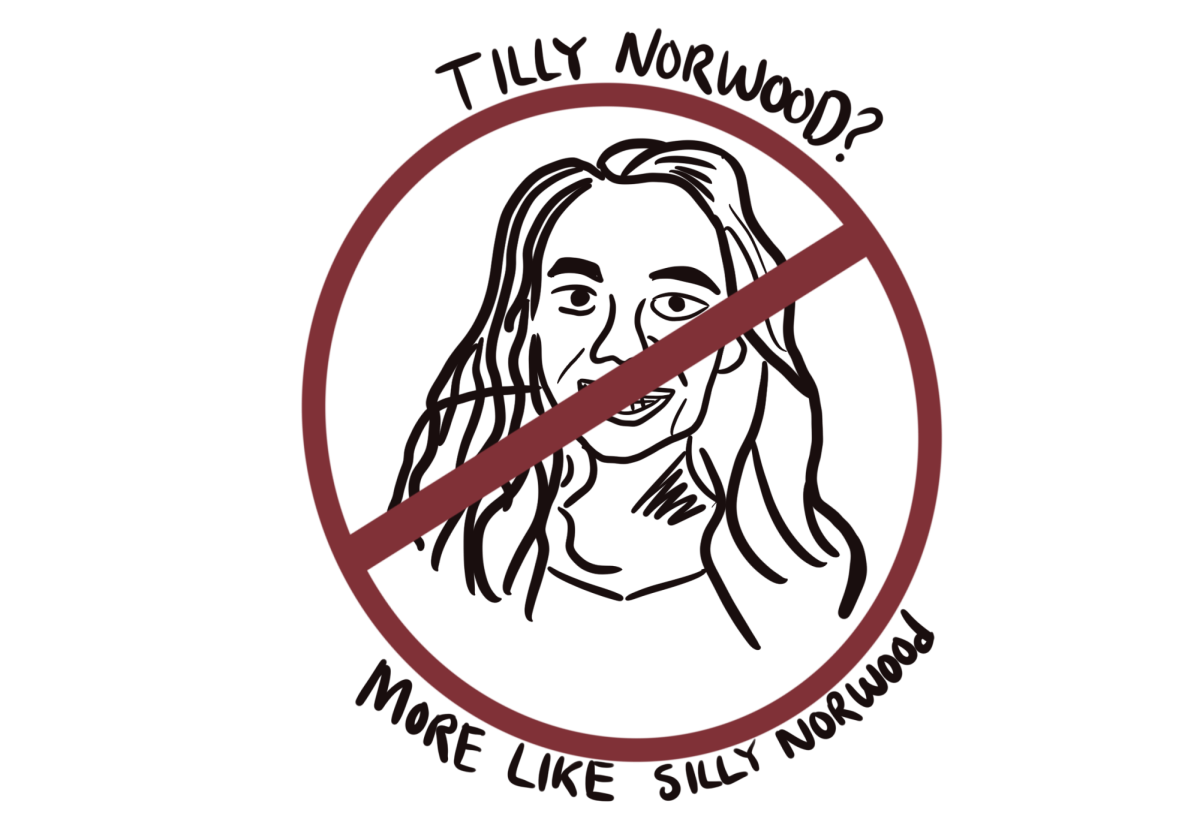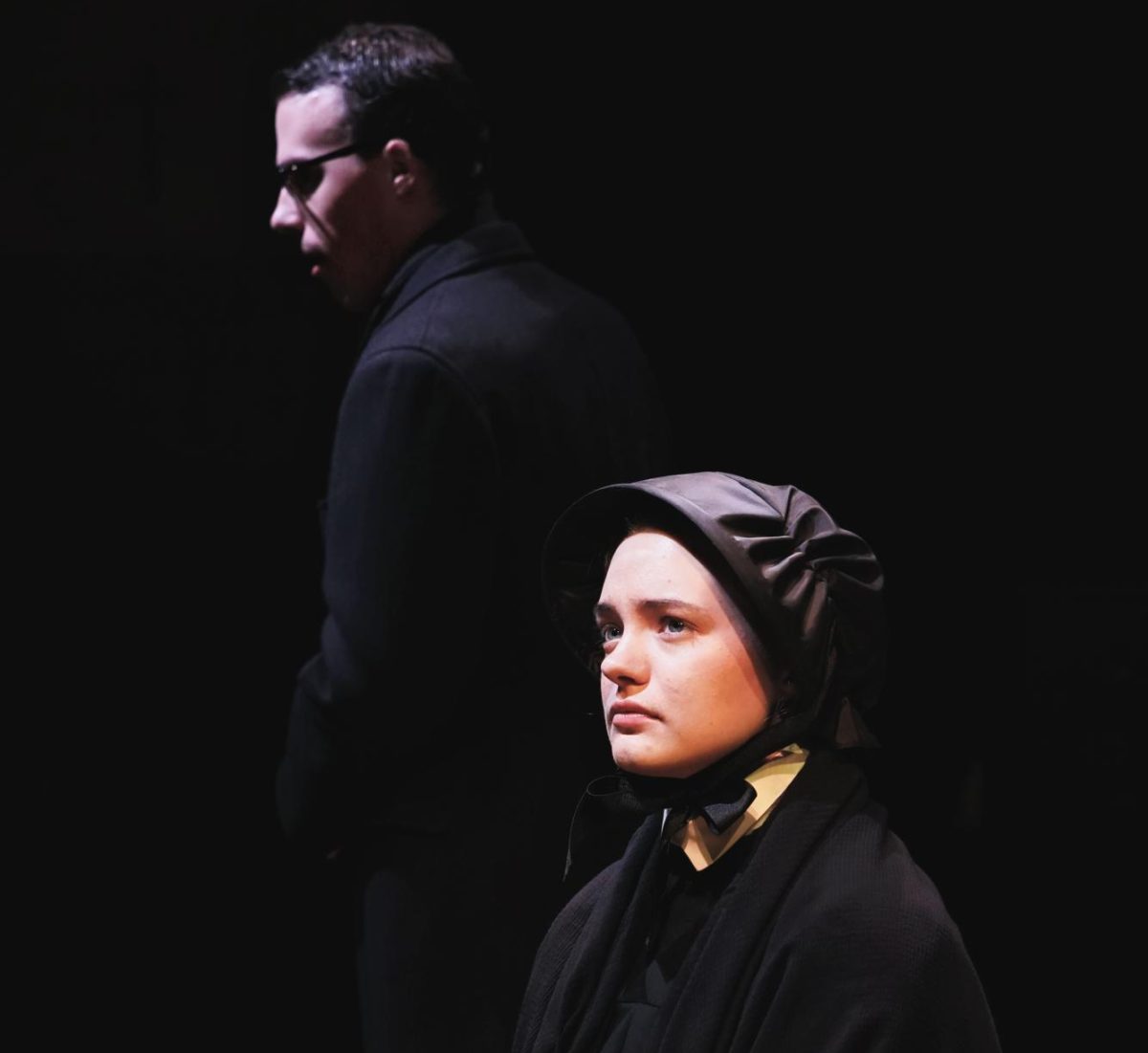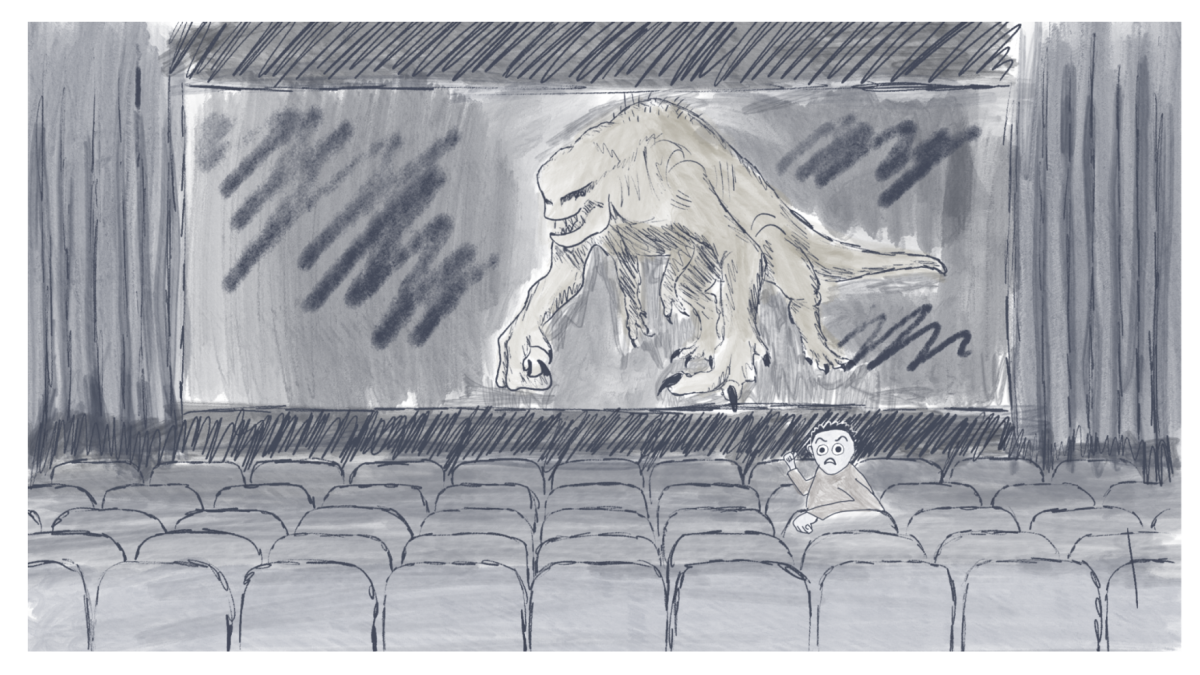Does the ever-menacing approach of finals have you down and in search of respite? Look no further than Ralph Haugen Theatre. From May 8 to 11, Professor Gary Gisselman’s directing class will showcase a theatrical marathon of 15 One-Act plays at the annual Quade One-Acts Festival.
Each student in the class directs one of the plays. “Just being the one person in charge, it’s things like being on book and watching and taking notes on everybody and then you scramble to go and try and get props” said Addison Eng ’14. “It’s a lot of authority thrust onto you, and it’s like ‘Okay, what do I do with it?'”
Preparation for the festival began several months ago, starting with the selection of a one-act production and casting the actors. Over the course of several days, all 15 directors sat in an upstairs classroom of Kelsey Theatre and watched varying combinations of monologues and jokes.
“Casting is the most stressful, but it’s so exciting to see new people and new faces. It’s hard because you can’t cast everybody and there are so many people that could have been right” said director Katie Johns ’15. “And we’re all going towards the same actors, so it’s not a picnic. But, no matter what cast you end up with, it is wonderful.”
Once the whirlwind weekend of auditions is over, the directors must construct several lists of “ideal casts” that fit their visions of their shows. With options in hand, the directors pull numbers out of a hat to determine who will pick their actors first. If a director wants an actor and their choice does not overlap with another’s pick, then they can immediately cast the actor. If there is overlap, then the backup cast list becomes important. While this may seem like a tension-filled scenario, the directors actually bond through the process.
“I think we really helped each other out as we were in the process of divvying up who got who. Somebody would say ‘Alright, my first, second, and third choices for this role have been taken up: help me out guys. I’m looking for someone who can be this type of character or do this type of thing or who would be good to work with in this regard,'” said Eng.
In comparison to past years, this year’s casting sessions ran smoothly with few contestations for specific actors.
“We’re all in this together and we’re facing this really big challenge. For some of us, this is our first time doing something of this caliber, whereas others have directed shows before,” noted Johns.
Because the directors have varying levels of experience, Gisselman offered his guidance throughout the production process. He visited rehearsals and gave helpful tips, such as reminding directors to keep props and cues as simple as possible. As the one act season continues, class discussions orbit around the limitations and successes of each rehearsal. This includes group advice and sharing of “tricks” that propel rehearsals so that others in the class can “steal” it for their own productions.
Given that there are 15 shows, the genres and tones of each production vary greatly, especially when compounded with the visions of the directors and actors involved. For this reason, it is recommended that audiences attend as many nights of the festival as possible.
“We’re having fun and putting these up for each other, for St. Olaf, for the campus, and for the department – it’s a great vibe. And it’s not competition, which is also really good. It’s nice that it’s about just sharing and enjoying and seeing what we learn and how we can grow,” Eng said.
While the festival is free, seating will be first come, first serve. Directors recommend that audience members plan to arrive early, and be prepared for an interactive experience.





